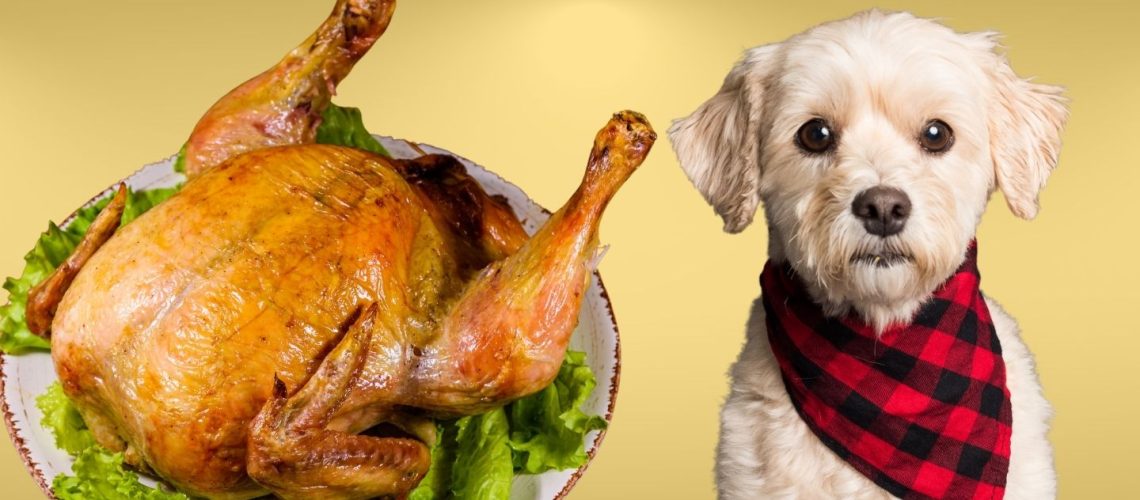Yes, dogs can eat turkey in moderation. Turkey is a lean protein that can provide many nutritional benefits to dogs. However, it should be cooked without seasoning and offered in small portions as part of a balanced diet. As with any new food, it's always a good idea to check with your veterinarian before introducing turkey into your dog's diet.
Can Dogs Eat Turkey?
Dogs can safely consume turkey if certain precautions are taken. It's essential to understand the potential risks associated with feeding turkey to dogs in order to provide them with a delicious and nutritious treat.
Potential Risks and Precautions
When offering turkey to your dog, make sure to remove any bones, as cooked bones can splinter and pose a choking hazard or cause damage to your dog's digestive system. Additionally, some dogs may have an allergic reaction to turkey, which may result in symptoms such as itching, difficulty breathing, or diarrhea. In these cases, discontinue feeding turkey and consult with your veterinarian.
Nutritional Benefits of Turkey for Dogs
Turkey is an excellent source of lean protein, which is essential for maintaining a healthy immune system and supporting the growth and repair of muscle tissue. It also contains important vitamins and minerals that contribute to your dog's overall health.
B Vitamins
B vitamins in turkey help convert food into energy.
Zinc
Zinc is essential for a healthy coat and skin.
Iron
Iron helps support your dog's overall health and immune system.
How to Feed Turkey to Dogs
When preparing turkey for your dog, keep the following guidelines in mind:
Cooking Methods
Ensure the turkey is thoroughly cooked. Raw turkey may contain bacteria harmful to your dog.
Avoiding Seasonings and Added Fat
Do not include any seasoning, gravy, or stuffing, which may contain ingredients harmful to dogs.
Adding Turkey to Your Dog's Diet
Offer turkey as an occasional treat, or mix small portions into their regular food.
Portion Size
It is vital to feed your dog the right amount of turkey based on their size, age, and activity level. Aim to feed no more than 10% of their total daily calories from treats, including turkey.
Example Portion Sizes for Different Dog Sizes
- For a 10-pound dog, offer a thumb-sized piece of cooked turkey as a suitable treat.
Potential Risks of Feeding Turkey to Dogs
Feeding turkey to dogs presents several risks, including:
- Allergic reactions
- Bone hazards
- Overfeeding and weight gain
- Gastrointestinal issues
If you notice any adverse reactions after feeding turkey, consult with your veterinarian.
Alternatives to Turkey for Dogs
If you're looking for other lean protein sources for your dog, consider options such as:
- Chicken
- Fish
You can also explore commercial dog food options that incorporate lean proteins.
Consult Your Veterinarian
Always consult your veterinarian when introducing new foods to your dog's diet, as they can offer guidance and monitor your dog's health and reactions.
Conclusion
In conclusion, turkey can be a healthy and tasty addition to your dog's diet when offered in moderation and properly prepared. Be mindful of portion sizes and potential risks, and consult with your veterinarian before introducing turkey into your dog's diet.


























